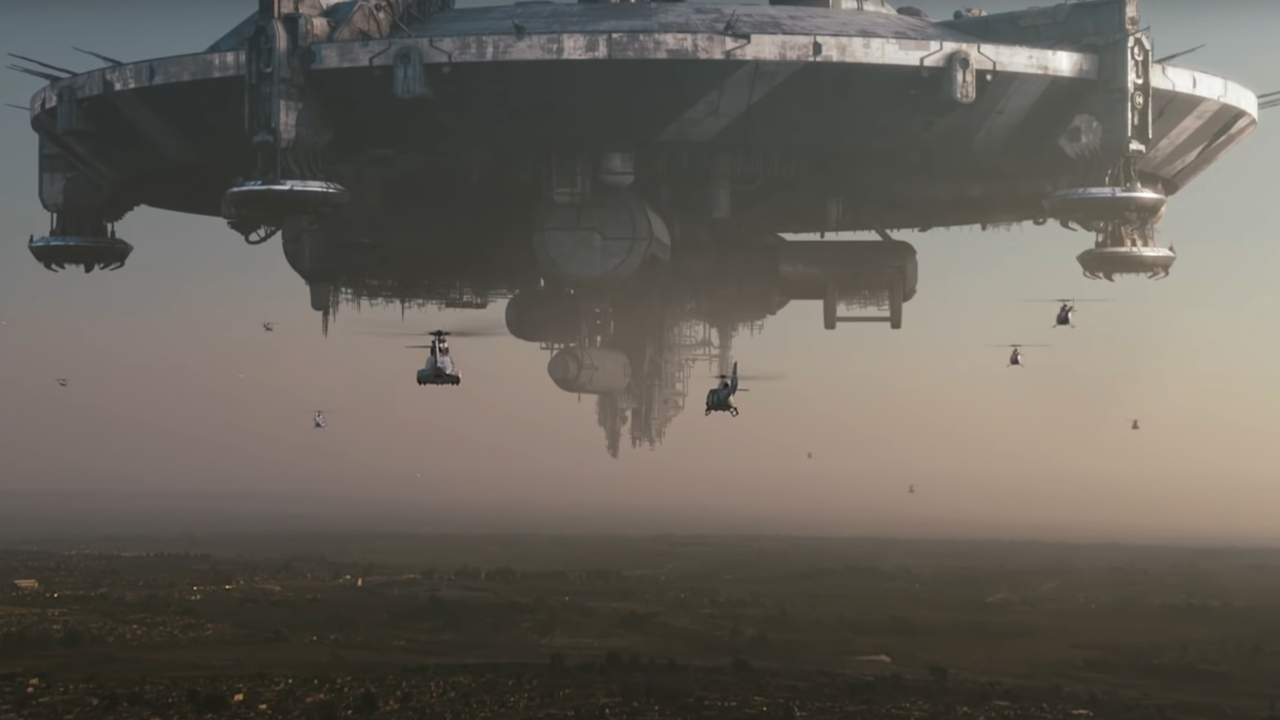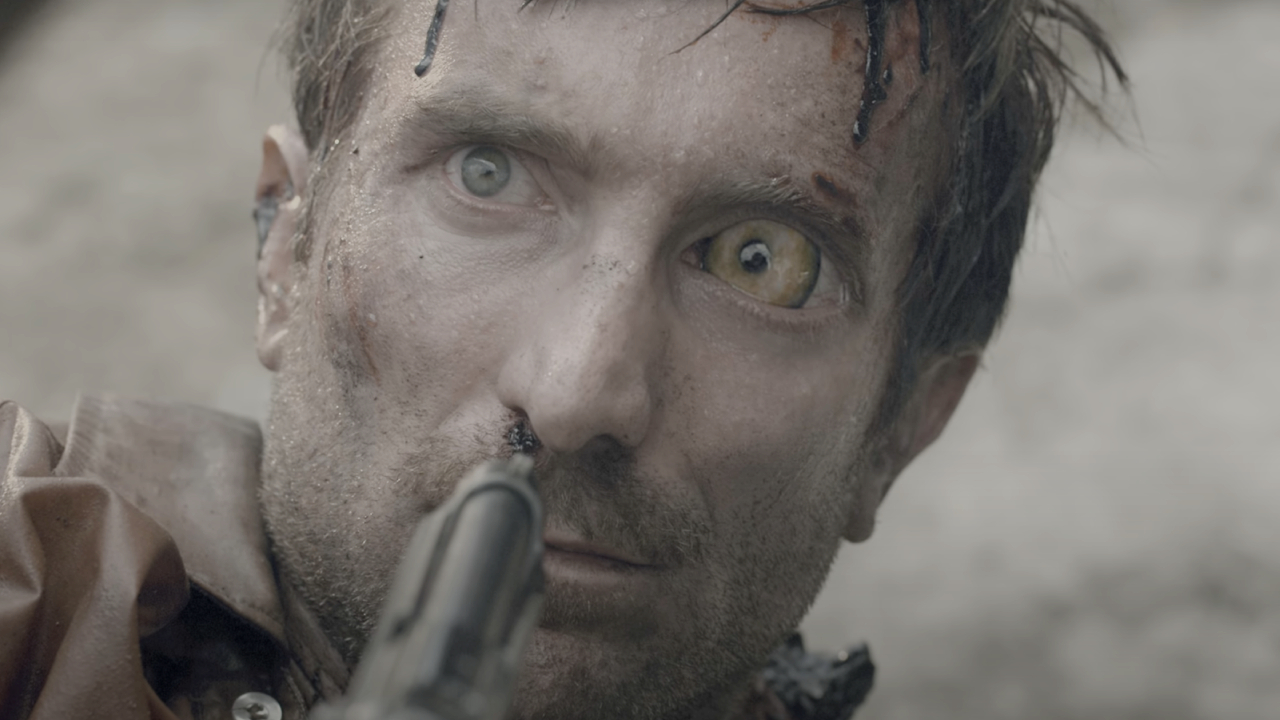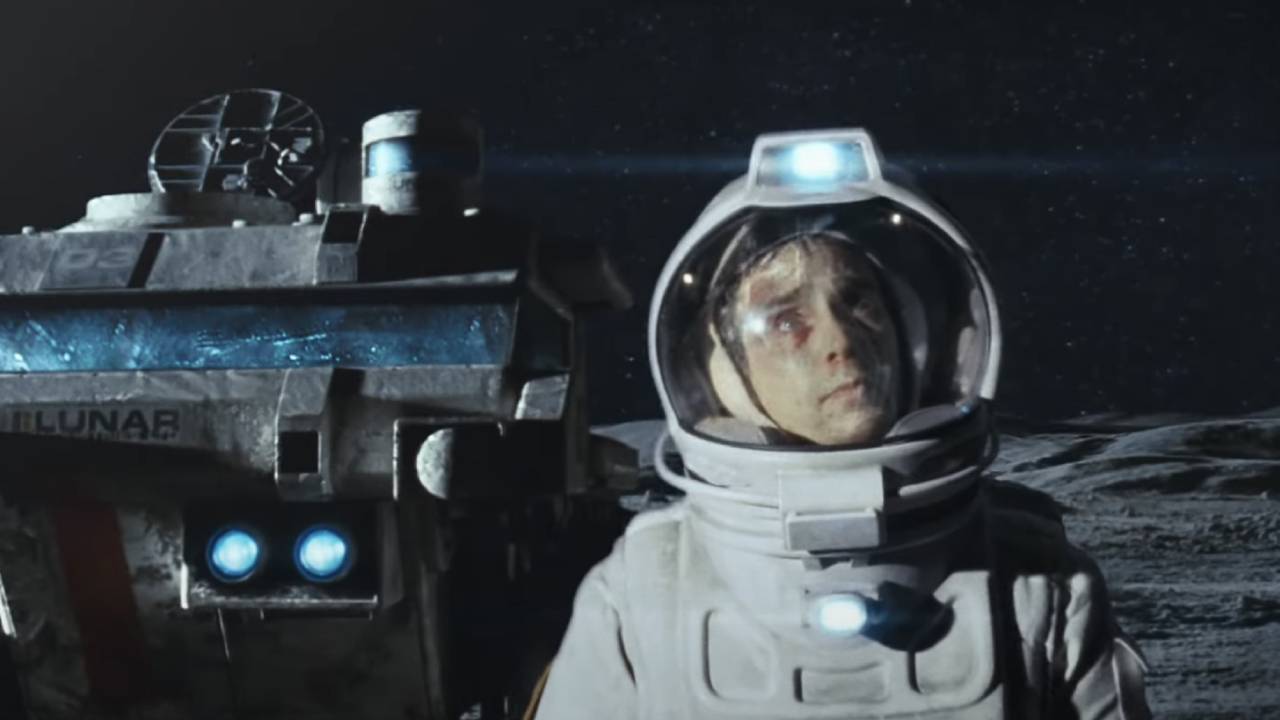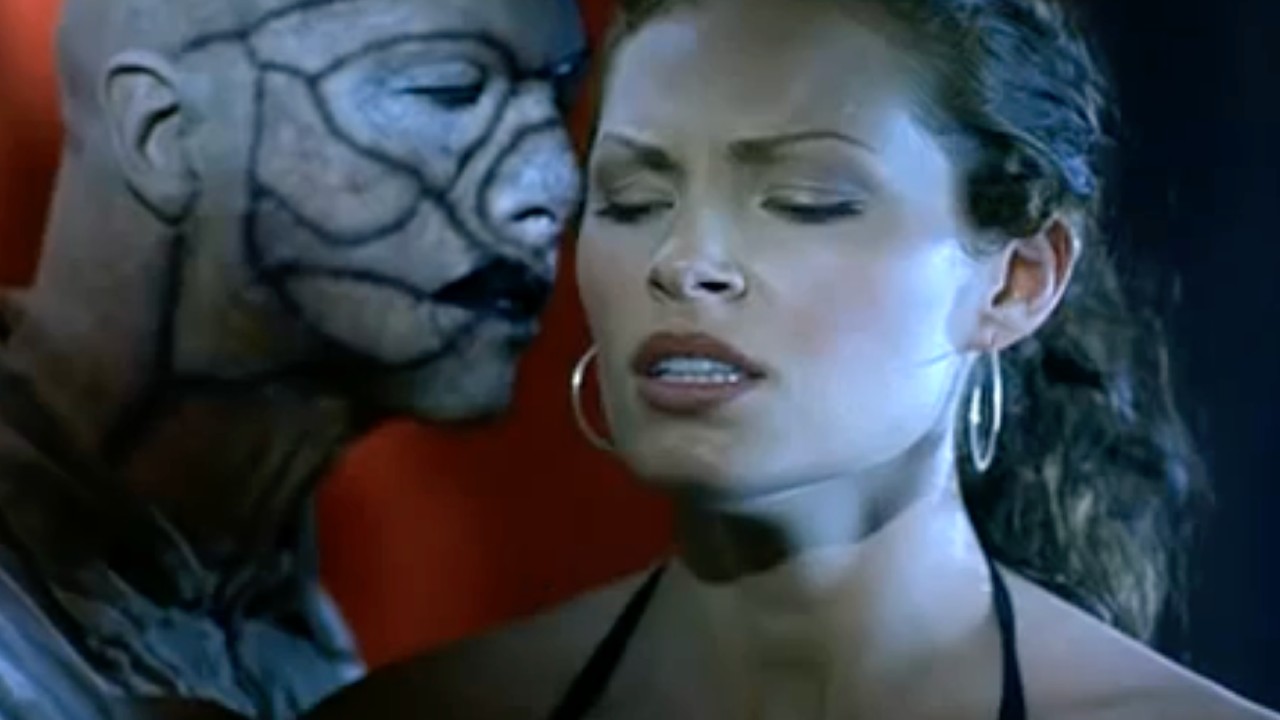Moon And District 9 Can Save Sci-Fi

Your Daily Blend of Entertainment News
You are now subscribed
Your newsletter sign-up was successful
When the glossy new Star Trek came out earlier this summer, some devotees grumbled that the brainiac basis of the original series-- space dramas as metaphor for racism, communism, even the Berlin Wall-- had gone missing. Aiming for a wider audience and sci-fi thrills, J.J. Abrams had abandoned the egghead notion that sci-fi can teach us more about ourselves, using space weapons to make a greater point about humanity.
But twice this summer, using a fraction of Abrams' budget, a film has popped up to give fans of smart sci-fi their fix. Though Duncan Jones' gloomy, atmospheric Moon and Neill Blomkamp's adrenaline-pumped District 9 could not be more different films, they both seem to herald a new age for sci-fi, in which cheaply available special effects and a handful of brave distributors mean that science fiction is no longer just the realm of safe Hollywood efforts. You can watch Transformers all you like, but now you have the option of something that looks as good, and has a brain to go with it.
Had they not come out in the same summer, maybe no one would have thought to compare Moon and District 9. Jones' film is all tightly sealed claustrophobia and practical effects, while Blomkamp's story stretches over an entire new world of aliens, doling out brilliant CGI as if he had $200 million, not $30 million.

Moon takes place in a future of all-powerful companies and lunar mining, while the South Africa of District 9 looks pretty much like ours, plus aliens. Jones' film didn't necessarily have to take place in space; Blomkamp's couldn't have existed without the giant spaceship. All the action in Moon is hand-to-hand combat between two humans; District 9 freely switches between real and CGI characters, and turns an African slum into a giant battleground.
But when the movie brats of the 70s emerged-- Spielberg, de Palma, Scorsese-- they weren't tackling the same subjects either, and their combined efforts served to change Hollywood, at least temporarily. Maybe the better comparison is James Cameron and Ridley Scott, filmmakers who have clearly influenced Blomkamp and Jones, respectively. Scott's Alien, an Agatha Christie chamber piece with the added benefit of an acid-spewing monster, was tight and controlled, doling out just enough sci-fi to keep the masses convinced they were in space. When Cameron took over with Aliens, he kept the earthly references-- this time it's a classic war movie-- but pumped up the action, making aliens just a spin on human villains.
Both of them have since changed science fiction, and Hollywood, forever; there's not a single sci-fi movie that's been made in the last 20 years that wasn't influenced by Blade Runner or Terminator 2. Cameron and Scott were working in a different Hollywood with the Alien movies, a time when risks could be taken and original stories were actually welcomed.

These days Jones and Blomkamp faced not just the challenge of getting audiences to take a chance on their movies, but getting studios on board; Jones made his movie independently on a shoestring and secured a limited release, while Blomkamp, even working with a major studio and the backing of Peter Jackson, was limited to $30 million. It's something of a miracle that, instead of an adaptation of popular video game Halo, Blomkamp's first film managed to be District 9 instead.
Your Daily Blend of Entertainment News
But the right people have already seen and marveled at Moon, and District 9 is poised to be a hit at least among audiences willing to see a movie that actually asks them to think and ask questions. We're still not to the point where a movie like Alien or even Aliens can be a blockbuster-- maybe if the second Star Trek goes a little deeper, that trend can begin. But with people like Jones and Blomkamp looking toward the future, and other indie directors like Rian Johnson leaning toward sci-fi as well, we're seeing an opportunity to use our era's beautiful special effects to accomplish something more than astonishingly lifelike giant robots that beat each other up. In most sci-fi movies technology turns out to be the good guy, but when put into movies like Moon and District 9, it may be what saves us.
Staff Writer at CinemaBlend

